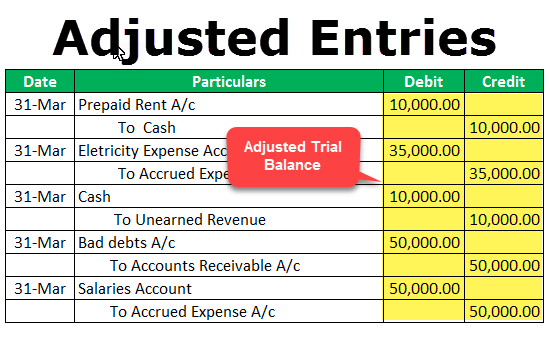The Ultimate Guide to Construction Accounting for Contractors

That’s why it’s critical, to save up cash reserves early in the construction industry. This means that it doesn’t necessarily account for when money wave to zoho books migration guide 2020 actually changes hands. Accrual-basis accounting can provide an accurate look into your business financials. But, it’s worth noting that it might obscure any short-term cash flow problems.
Working as a construction accountant can be demanding, as projects often have tight deadlines and require quick decision-making. The ability to work under pressure and meet deadlines is therefore an important attribute for success in this role. Deskera People allows you to conveniently manage leave, attendance, payroll, and other expenses. Generating pay what is standard costing in simple words slips for your employees is now easy as the platform also digitizes and automates HR processes.
Profit
If the contractor makes a profit using accrual methods such as CCM or PCM, he has the right to invoice and post the amount as an A / R until it is collected besides retainage. According to commercial standards, the contractor does not have an ongoing right to retainage. In construction, a production contract can last for years and involves multiple rolling payments.
Best practices for accounting and bookkeeping for a construction business
The task of union payroll is to track and report wage and fringe obligations to the local workers union. As an industry standard, AIA progress billing is one of the most widely used forms of contract in the construction industry. With unit-price billing the contractor doesn’t charge the customer for the total amount at once. Conversely, the contractor bills the client per line item, with each line item identifying separate tasks or scopes of work.
Speaking of which, job costing concerns itself with 2 types of costs — direct and indirect costs. For starters, construction accounting tracks multiple projects, accounts, and localities, as opposed to regular accounting — which typically focuses on sectors like retail or manufacturing. In how to file a tax extension for a federal return industries like retail and manufacturing, business is usually the same day in and day out, with costs that stay relatively predictable over time. In the construction industry, understanding the financial position of each job can be key to a company’s success.
Job costing is a method for allocating expenses and revenue to each specific job. Not only will this help you prepare for tax time, but it provides an accurate accounting of profitability for each contract. Your company may manage short- and long-term contracts, often with varying end dates. To stay on top of cash flow and keep your books in check, you will need a flexible yet organized construction accounting system. The balance sheet is a financial statement that provides a snapshot of a company’s assets, liabilities, and equity at a specific point in time. Construction accountants analyze the balance sheet to assess the solvency and liquidity of an organization.
- On the construction side of things, the individuals doing this type of work include construction bookkeepers or construction accountants — or, more generally, bookkeeping professionals.
- In industries like retail and manufacturing, business is usually the same day in and day out, with costs that stay relatively predictable over time.
- One popular cost estimating tool is RSMeans, which provides comprehensive cost data for construction projects.
- The project’s initial budget is $10 million, and the company has spent $2 million on labor, materials, and equipment so far.
Change order
A project that’s 40% complete would, in theory, see 40% of its total anticipated revenue and expenses recognized. Professionals must employ robust estimation skills, understanding that every brick laid or beam installed equates to financial implications. As the approved method for recording financial transactions in construction, the double-entry method is typically used via software.

This comprehensive approach to cost tracking provides a holistic view of the financial aspects of each project. Within job costing accounting, there are several key components that need to be considered. Firstly, direct costs, such as labor, materials, and equipment, are directly attributed to a specific project. This helps in evaluating the profitability of each project and identifying areas where costs can be optimized. Construction accounting is a specialized branch of accounting that focuses on the unique financial aspects of the construction industry. If the quote is too low, it can lead to deficit projects and troublesome renegotiations with customers.
